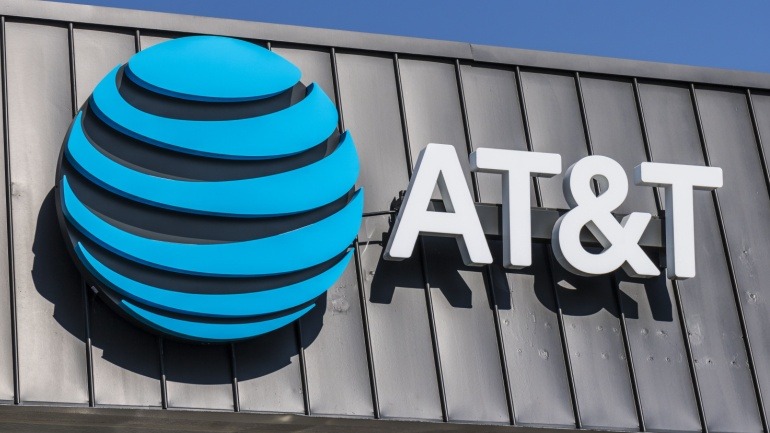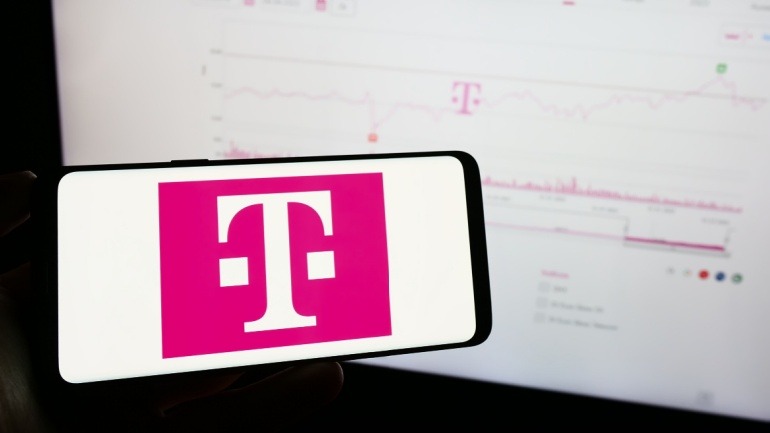The ongoing Arm versus Qualcomm legal battle could reshape the smartphone market due to Qualcomm’s reliance on Arm’s architecture for Snapdragon processors. If Arm’s license cancellation proceeds, it threatens Qualcomm’s processor production, impacting Android devices’ performance.
Ericsson is intensifying its R&D efforts in India, zeroing in on network APIs. Partnering with telecom giants, Ericsson is unlocking 5G’s potential through programmable networks, enhancing performance, and enabling new performance-based business models.
The launch of the world’s highest-capacity UltraSMR and ePMR CMR hard disk drives by Western Digital marks a pivotal advancement in data storage, offering up to 32TB of robust storage solutions. With their innovative technologies enhancing efficiency and reliability, these new HDDs are tailored to meet the demands of hyperscalers and cloud providers.
The escalating US-Huawei tensions profoundly impact the global VOIP industry by highlighting the strategic importance of technological independence. Ongoing sanctions against Huawei emphasize a pivotal point: adaptability in sourcing components is crucial. As these US-China dynamics unfold, VOIP providers must anticipate shifts in technological power impacting future market strategies.
AT&T has recently finalized new contracts with the Communications Workers of America, impacting 23,000 employees. These agreements bring wage hikes, better healthcare, and increased job security, aligning with AT&T’s strategy.
The FCC’s groundbreaking decision mandates that all mobile phones in the US must be hearing aid compatible, significantly enhancing accessibility for 48 million Americans with hearing loss. Key changes include stricter audio quality controls, improvements to Bluetooth standards, and transparency in labeling compliant devices.
Discover the power of the new partnership between Synnefo and Aprecomm, revolutionizing customer experience for ISPs. This collaboration integrates network functionality with advanced support, streamlining operations and enhancing user satisfaction.
The European Union’s NIS2 Directive enhances cybersecurity across essential sectors, affecting many organizations. With fines up to €10 million for non-compliance, businesses must align cybersecurity to their service scope.
T-Mobile US and TCL have unveiled a revolutionary 5G RedCap USB-C dongle, the TCL LINKPORT IK511, in North America. Utilizing the Snapdragon X35 5G Modem-RF System, it delivers impressive speeds up to 220Mb/s.
Deutsche Telekom is charging forward in the VOIP industry with bold targets for 2027, focusing on AI to boost revenue and operational efficiency. Aiming for 4% annual growth, they’re set to revolutionize global connectivity.













